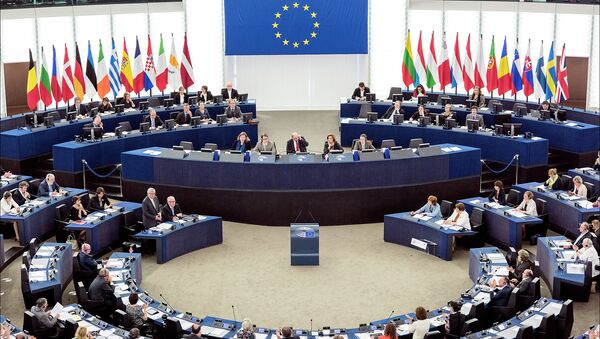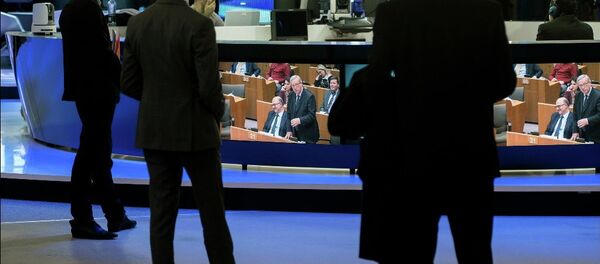In a letter to the European Parliament's special committee on tax rulings (TAXE), EU economics commissioner Pierre Moscovici claimed that he was unable to hand over 25 requested documents without the consent of EU member states.
"Close to half of the member states my services consulted said they would not consent to transmitting these documents to your special commission," Moscovici said in the letter, as reported by the 'EUobserver', with confidentiality cited as the main reason for non-cooperation.
On 17/9 @JunckerEU and @pierremoscovici as well as @vestager will come to joint #TAXE/@EP_Economics meeting. #luxleaks #taxtransparancy
— ECON Committee Press (@EP_Economics) September 2, 2015
The committee launched its investigation into EU member states' tax rules in February, with French MEP Alain Lamassoure saying it was "scandalous" how some multinationals avoided paying their fair share of tax.
The investigation comes at a time of increased scrutiny of the tax regimes of EU member states, with last year's 'LuxLeaks' revelations, exposing around 500 private tax agreements made between Luxembourg tax authorities and 300 multinational corporations.
The revelations attracted outrage from EU officials as many of the Luxembourg agreements allowed companies to pay very little tax, effectively stripping the bloc of tax revenue.
Criticism was also directed towards current European Commission President Jean-Claude Juncker, as he was Luxembourg's prime minister at the time when many of the rulings were put in place.
On top of the European Commission and EU member states holding back documents, the TAXE committee has been hampered by the lack of cooperation from various corporations.
Only four of 18 multinationals appeared before the TAXE committee to discuss the Luxembourg tax agreements, with many such as Facebook, Coca-Cola and IKEA declining such an invitation.
The lack of cooperation from member states, and the lack of enforcement from Brussels over such tax issues has angered many involved in the investigation, with critics suggesting that officials, for all of their condemnation and posturing of the LuxLeaks scandal, haven't taken appropriate action to crack down on any special agreements being given to multinational corporations.




